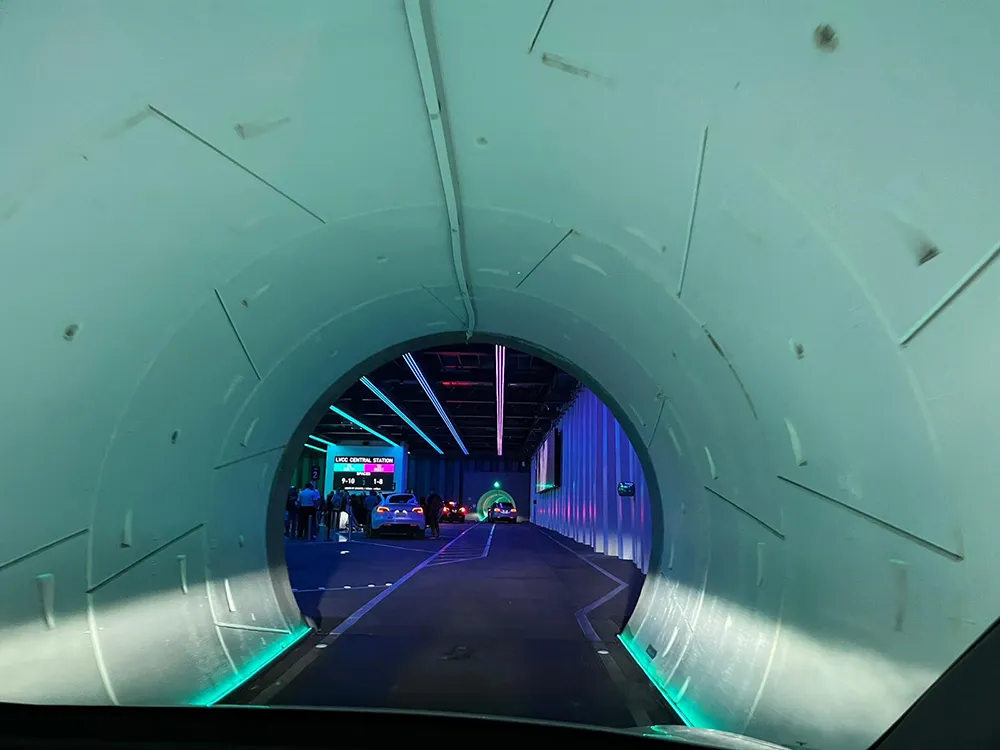During 2015 alone, over 100 electric vehicles were delivered to taxi companies across Europe and growth of the electric taxi market looks set to continue, as its popularity has started to take hold in Eastern Europe. Budapest company Green Lite Taxi has purchased 65 Nissan LEAFs in a bid to become Hungary’s largest zero emission fleet. To power its pioneering franchise, the company has installed seven quick chargers within the city.
In Estonia, it has been reported that a Nissan LEAF owned by taxi company, Elektritakso, has clocked up over 218,000 kilometres (135,459 miles) on its original battery pack, showcasing the high quality and reliability of Nissan’s electric vehicle range.
Nissan electric vehicles - which include the Nissan LEAF and the e-NV200, a passenger and light commercial vehicle - are becoming increasingly popular among European taxi businesses, with the Netherlands and the UK topping Nissan’s e-taxi league table, followed by Estonia, Hungary and Germany...
Taxi Electric in Amsterdam was the first private taxi service to switch to a fleet of 100 percent electric taxis in November 2011. Since then, others from across Europe have joined the revolution, with the Nissan LEAF and e-NV200 now being used by taxi businesses in Stockholm, Prague, Barcelona and Rome.
Gareth Dunsmore, director of electric vehicles for Nissan Europe, said: “We are so proud to be announcing this all-important milestone. Nissan has already delivered 30 percent more e-taxis this year than in 2014 and this figure is constantly increasing, as more taxi companies realise the benefits of becoming 100 percent electric.”
Nissan exceeds electric taxi milestone
Nissan is heading the electric vehicle revolution with more than 550 electric taxis now on the road in Europe. During 2015 alone, over 100 electric vehicles were delivered to taxi companies across Europe and growth of the electric taxi market looks set to continue, as its popularity has started to take hold in Eastern Europe.
November 24, 2015
Read time: 2 mins







